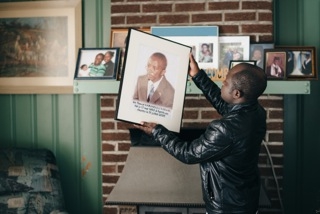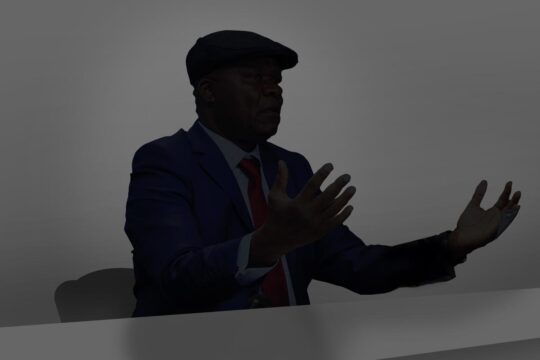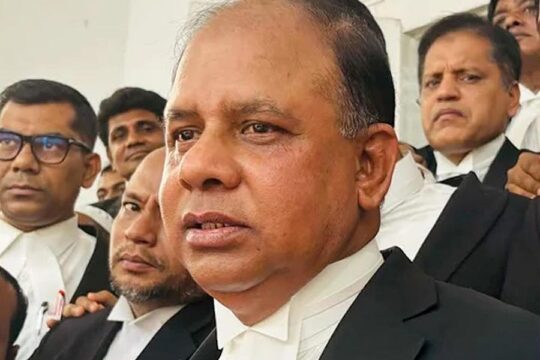Ten years after prominent human rights defender Pascal Kabungulu was shot dead by soldiers in the Democratic Republic of Congo (DRC), his family is filing a complaint before the United Nations, Swiss NGO Track Impunity Always (TRIAL) said on Monday. The complaint has been filed with the help of TRIAL and the Canadian Centre for International Justice. The complainants hope this will help end wider impunity for murderers of human rights activists in the DRC.
“The complaint before the UN Human Rights Committee comes after tireless efforts by the family and human rights groups to restart long-stalled judicial proceedings in the DRC,” says TRIAL.
Armed men in military uniforms murdered Kabungulu on July 31, 2005, in his home, in front of his family. His death followed several threats against him as a result of his human rights work with the organization Héritiers de la Justice in Bukavu, in the South Kivu province of eastern DRC.
Days after the murder, Kabungulu’s wife Déborah Kitumaini also came under threat and had to flee the country with her six children. They eventually resettled in Canada.
Legal proceedings started in 2005, but “the prosecution effectively ended when witnesses implicated high-ranking officials in the murder and the case was transferred to a higher court,” says the TRIAL statement. Since then, efforts by the family and human rights organizations have been “unable to convince authorities to restart the trial”.
TRIAL director Philip Grant says this case before the UN Human Rights Committee could set a precedent. “Pascal’s family has suffered a lot and deserves justice to be served at last,” he said. “We also want to shine a light on the continued danger for other human rights defenders in the DRC to help prevent further crimes against them.”
Pascal Kabungulu’s murder took place in a context of violent armed conflict between the security forces and several armed groups in the eastern DRC. Many violations were committed and human rights defenders denouncing these violations lived in very fragile and vulnerable conditions, says TRIAL. “Between 2005 and 2008, at least a dozen journalists and human rights defenders were killed,” TRIAL legal advisor Elsa Taquet told JusticeInfo.net. “Pascal Kabungulu’s murder is a symbolic case,” she says, “but it is far from being the only example of attacks on human rights defenders in the DRC. We are thinking, for example, of Floribert Chebeya’s murder, another symbolic case.”
The UN Human Rights Committee is the highest international legal body competent to examine and recognize the violations committed against Pascal Kabungulu and his family, Tacquet explains. “It is also a solution of last resort when the domestic remedies have been exhausted,” she says. “The powers of the Committee are essentially to provide the DRC with recommendations so it re-opens the national investigations and prosecutes those responsible for the killing, but also to provide recommendations to the DRC to grant reparation to Pascal Kabungulu’s family and recognize them as victims.”
“Our family has great hope that the United Nations will render a favourable decision,” said Heri Kabungulu, son of Pascal Kabungulu. “The DRC would then be urged to reopen the investigation and punish the perpetrators. It’s time for impunity to end.”







